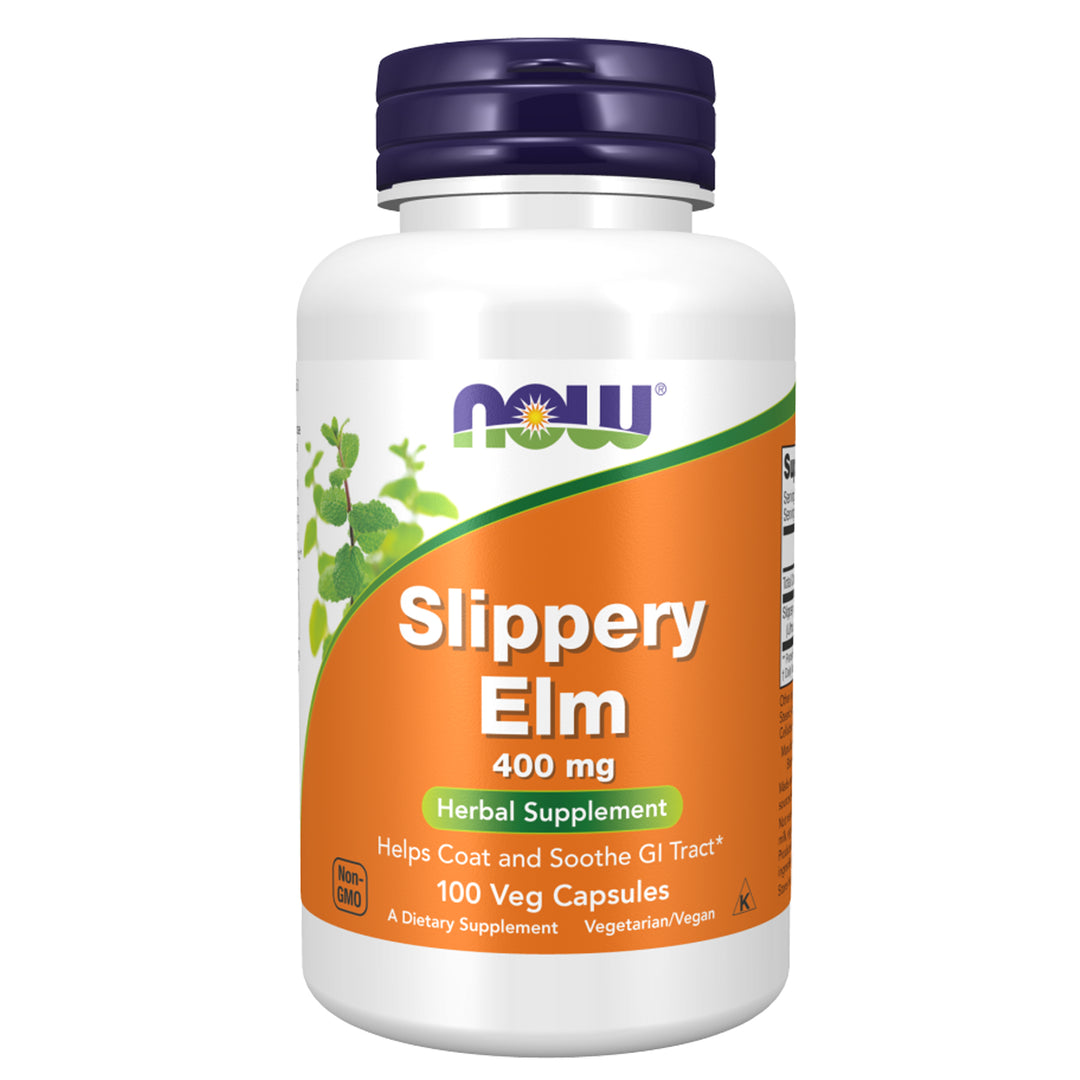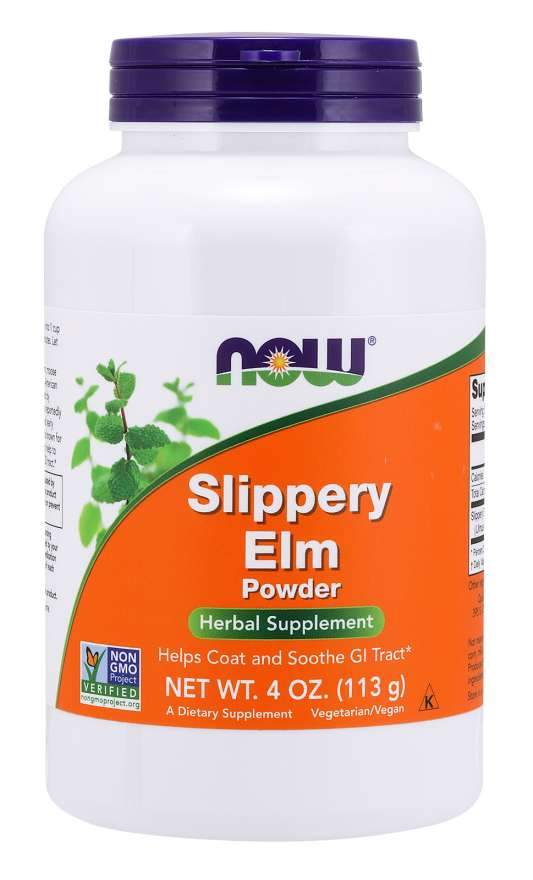Slippery Elm
The Therapeutic Capabilities of Slippery Elm Bar
Slippery elm, or Ulmus rubra, is a tree native to the central and eastern United States and Ontario, Canada.
The tree is known for its dark brown to reddish brown bark and can reach a height of 60-80 feet. Native Americans would peel its slimy, red inner bark from twigs and branches and use it as a remedy for many common ailments, like fevers, wounds, and sore throats.
Slippery elm can be used to soothe a number of symptoms.
1. Inflammatory Bowel Diseases - IBS
Slippery elm bark is a demulcent. This means that it is capable of soothing the lining of the stomach and intestines and reducing irritation. Demulcents are sometimes referred to as mucoprotective agents.
Recent studies have shown that slippery elm bark can help treat the symptoms associated with inflammatory bowel diseases like Crohn’s disease, ulcerative colitis, and irritable bowel syndrome (IBS).
2. Soothing a Cough and Sore Throat
Slippery elm contains mucilage, a sticky mixture of sugars that can’t be broken down by the human digestive tract. The mucilage coats the throat, so it’s no surprise that slippery elm is found commercially in many brands of throat lozenges.
Slippery elm is believed to be an antitussive, meaning it’s great for coughs and for symptoms of other upper respiratory ailments like bronchitis or asthma.
3. Irritation of the Urinary Tract
Slippery elm is sometimes recommended to people who experience unexplained inflammation of the urinary tract, like those with interstitial cystitis (painful bladder syndrome). Slippery elm powder is thought to soothe the lining of the urinary tract. Therefore, it might help alleviate the painful irritating symptoms. Again, studies are needed to either support or refute these claims.
As a mild diuretic, it also helps increase the flow of urine and eliminate waste from the body.
4. Heartburn and GERD
Slippery elm may be helpful for treating occasional heartburn, also known as acid reflux. It’s also considered an herbal remedy for gastroesophageal reflux disease (GERD).
GERD is a chronic disease that occurs when stomach acid flows back into esophagus and irritates the lining.
The mucilage of slippery elm coats the esophagus and may help prevent the irritation and inflammation that occurs when stomach acid flows up the esophagus.
If you experience heartburn or GERD, check with your doctor. He may agree to you trying a mix of 1-2 tablespoons of slippery elm with a glass of water and drinking it after a meal as a natural remedy.
Note: This does not constitute medical advice, always consult your GP if you are concerned about your health.

Now Foods Slippery Elm 400 mg – 100 Veg Caps
€ 16.45 EUR
Regular price
€ 17.95 EUR

Now Foods Slippery Elm Powder - 113g
€ 24.95 EUR
Regular price
€ 27.25 EUR
